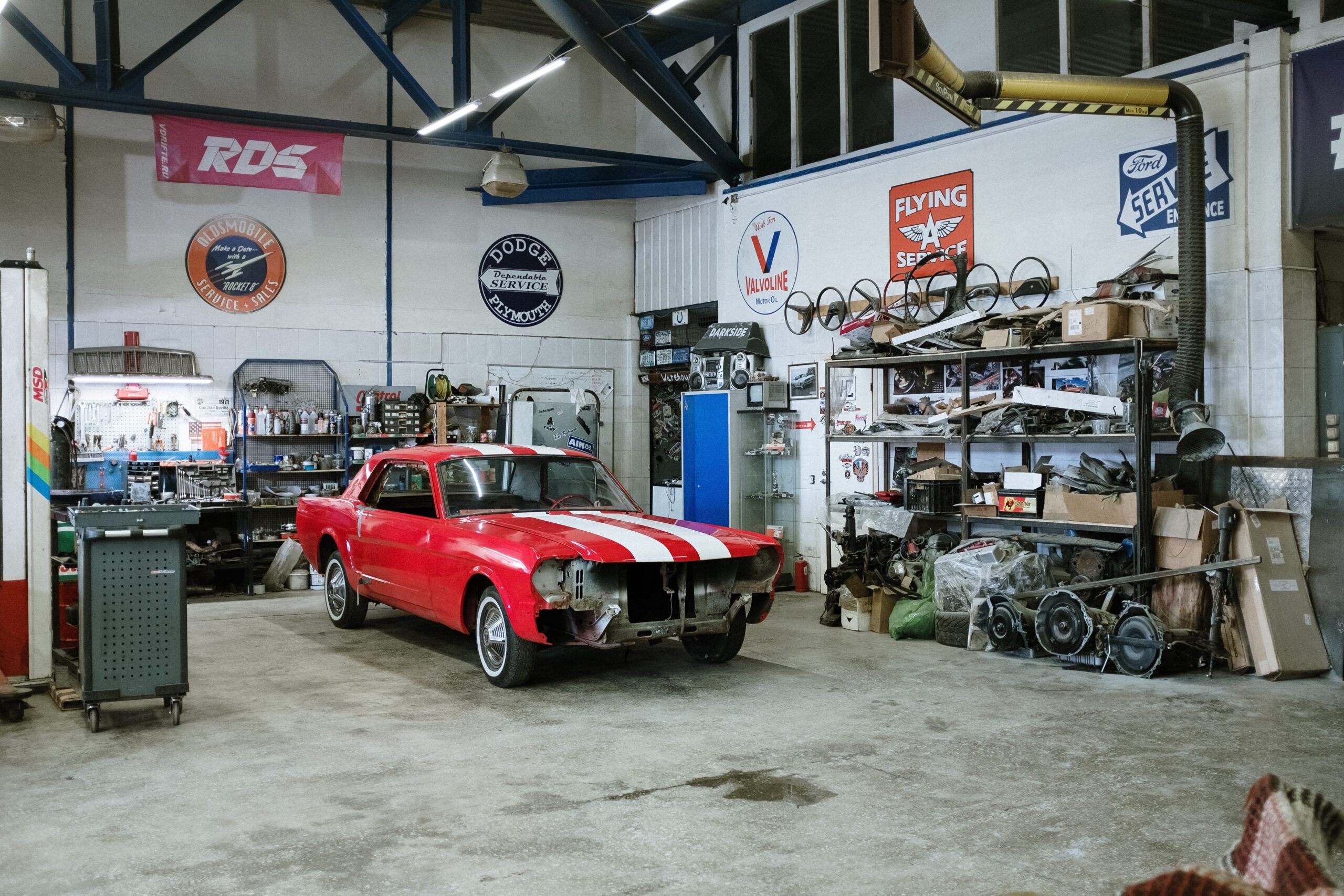All Categories
Featured
Wintertime driving can be one of the most challenging and potentially unsafe conditions for any kind of vehicle owner. Preparing your auto for winter season is essential to ensure that it does safely and dependably.
![]()
Verdict. Winter season driving calls for more prep work than merely wrapping and supporting the wheel. To stay safe when driving, guarantee your cars and truck is winter-ready by checking the battery, liquids, tires, and brakes. Routine maintenance, integrated with emergency readiness, can make all the distinction when navigating icy roads and difficult weather problems. By following these pointers, you'll be fully equipped to deal with the winter season with comfort, security, and self-confidence.
- Examine the Battery. Cold temperatures can substantially impact your vehicle's battery efficiency. A weak or old battery is more most likely to fall short when the temperature goes down, leaving you stranded. Have your battery evaluated to guarantee it remains in good problem. It might be time for a substitute if your battery is more than three years old or shows indicators of rust. Additionally, tidy any rust from the battery terminals and ensure they are snugly attached.
- Evaluate the Tires. Winter season conditions require much more from your tires. Winter months tires are designed with special walk patterns and compounds that give far better grip on snow and ice. Think about switching to winter season tires if you live in a location with severe winters months. Examine the walk deepness and guarantee they have sufficient hold if you're using all-season tires. It's time to replace the tires if the walk is used. Routinely check tire stress, as cool temperature levels can trigger it to go down, leading to decreased traction and handling.
- Examine Fluids and Antifreeze Levels. In winter, your vehicle relies on its fluids to run successfully, so make sure that your antifreeze is at the correct degree. Inspect the degrees of engine oil, brake liquid, and windscreen washer fluid.
- Check the Wipers and Windshield. Your windshield wipers are your very first line of protection versus inadequate presence, so it's necessary to make certain they are in leading problem. Replace old, worn wipers, and use winter wiper blades, which are more immune and long lasting to ice build-up. Inspect the windshield for chips or fractures that might intensify in freezing temperature levels. Take into consideration applying a water repellent treatment to the windscreen to aid water bead off throughout storms and boost presence.
- Test Your Brakes. Brakes are much more important in winter months driving. Slippery problems call for quick reactions, so see to it your brake pads, rotors, and brake fluid are done in excellent problem. If your brake pads are worn or your brake fluid is low, have them changed or completed. When driving in icy or snowy conditions, constantly keep a secure distance from other cars and utilize extra care when stopping to stop accidents.
- Get ready for Emergencies. Regardless of your finest initiatives to prepare your vehicle, winter driving can still present unexpected difficulties. To remain secure, maintain an emergency situation set in your vehicle. This must consist of products such as a covering, flashlight, initial aid package, jumper cable televisions, extra handwear covers and hats, and a shovel. A bag of sand or salt can also be helpful for grip if your vehicle gets stuck. Likewise, keep some non-perishable food and water in the car in instance you obtain stranded.

- Make Certain Correct Lights. Winter season commonly means much shorter days, so it's critical to make sure your headlights, tail lights, and brake lights are working appropriately. Inspect for any kind of burned-out light bulbs and replace them before you struck the road.
- Ensure Proper Tire Chain or Grip Aid Readiness. Take into consideration maintaining tire chains or grip aids in your lorry if you live in a location that regularly experiences severe winter season weather. When driving in deep snow or over ice-covered roads, these can be invaluable. See to it you understand how to install them appropriately and practice ahead of time, so you're not caught off-guard in an emergency.
- Check Your Home Heating and Defrosting Equipments. You'll desire your home heating and defrosting systems to be in optimal functioning order for those cool, wintry mornings. Examine the heater and defroster to ensure they are working well, and replace any type of cabin air filters if needed to preserve excellent air blood circulation. A malfunctioning heating unit can make driving even hazardous and uneasy, particularly when roadways are icy and exposure is compromised by fogged home windows.
Verdict. Winter season driving calls for more prep work than merely wrapping and supporting the wheel. To stay safe when driving, guarantee your cars and truck is winter-ready by checking the battery, liquids, tires, and brakes. Routine maintenance, integrated with emergency readiness, can make all the distinction when navigating icy roads and difficult weather problems. By following these pointers, you'll be fully equipped to deal with the winter season with comfort, security, and self-confidence.
Latest Posts
Take Advantage of Limited-Time Auto Repair Deals in Chicago at Montclare Auto Repair
Published en
1 min read
Improve Your Home's Outside with Weathercraft's Siding Solutions
Published en
1 min read
Unlock Your Financial Partner at WyHy – Key Advantages for Your Financial Success
Published en
1 min read
More
Latest Posts
Take Advantage of Limited-Time Auto Repair Deals in Chicago at Montclare Auto Repair
Published May 28, 25
1 min read
Improve Your Home's Outside with Weathercraft's Siding Solutions
Published May 27, 25
1 min read
Unlock Your Financial Partner at WyHy – Key Advantages for Your Financial Success
Published May 25, 25
1 min read